Keywords: Parliament Of The World
There are more than 200 results, only the first 200 are displayed here.
-
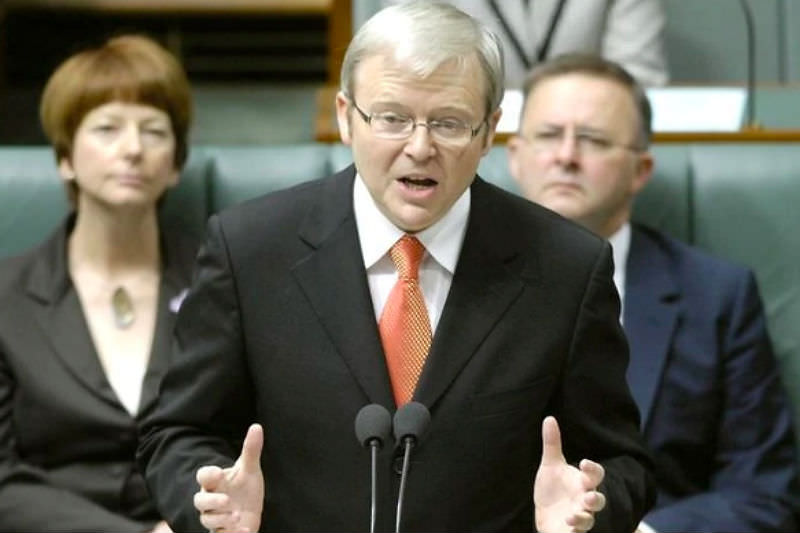
AUSTRALIA
- Andrew Hamilton
- 12 February 2019
8 Comments
It is hard to think of a more encouraging action by any government during the last 20 years than the national apology to the stolen generations. Much has been said about that apology. It is worth reflecting more generally on why apologies properly made are so gratifying, and what qualities they must have in order to be proper.
READ MORE 
-

AUSTRALIA
- Jeff Sparrow
- 31 January 2019
18 Comments
John Howard promised to 'stay the course' in Afghanistan. So too did Tony Abbott, Kevin Rudd and Julia Gillard. So complete was the political consensus that parliament didn't even debate the Afghan intervention until nine years after it began. Now that there's no longer a course on which to stay, we're due some accountability.
READ MORE 
-
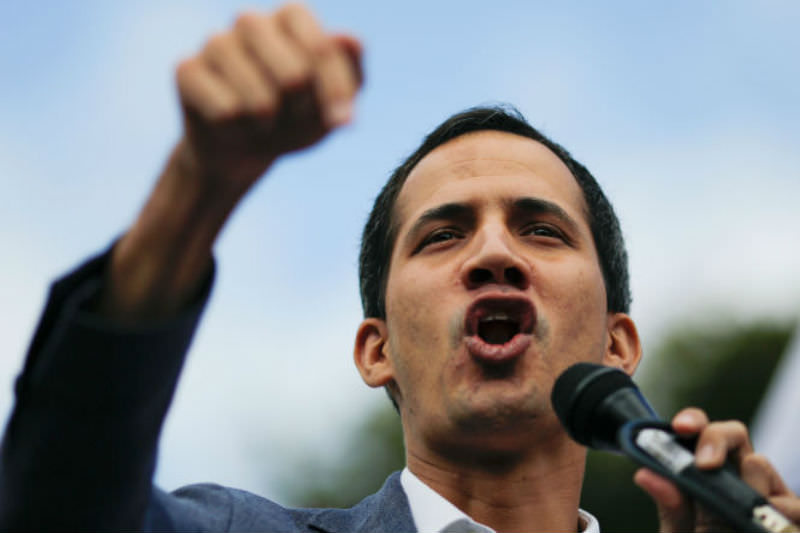
INTERNATIONAL
- Binoy Kampmark
- 30 January 2019
6 Comments
Think of how it grates with the non-interference doctrine of the UN. Such interference 'must be forcible or dictatorial, or otherwise coercive, in effect depriving the state intervened against of control over the mater in question'. Yet many countries, most purported liberal democracies, have very happily made Venezuela the exception.
READ MORE 
-

AUSTRALIA
- Kate Galloway
- 29 January 2019
1 Comment
Transitioning to a networked world replete with data is a challenging task. Our parliamentarians have a duty to appraise themselves of the basics of human rights, data ethics, and the technological frameworks that will deliver good governance. Until then, we will be left lurching from one technology omnishambles to the next.
READ MORE 
-
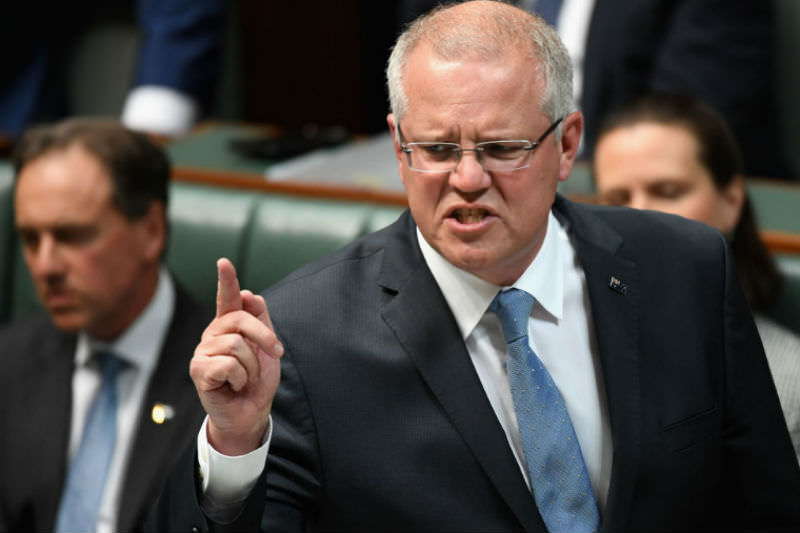
AUSTRALIA
- Jeff Sparrow
- 10 December 2018
12 Comments
Why do so many pundits decry the divisions in Canberra at a time when, objectively speaking, the parties have never been closer? The short answer is that they're responding to a genuine polarisation — not between Labor and Liberal but between both parties and the rest of society.
READ MORE 
-
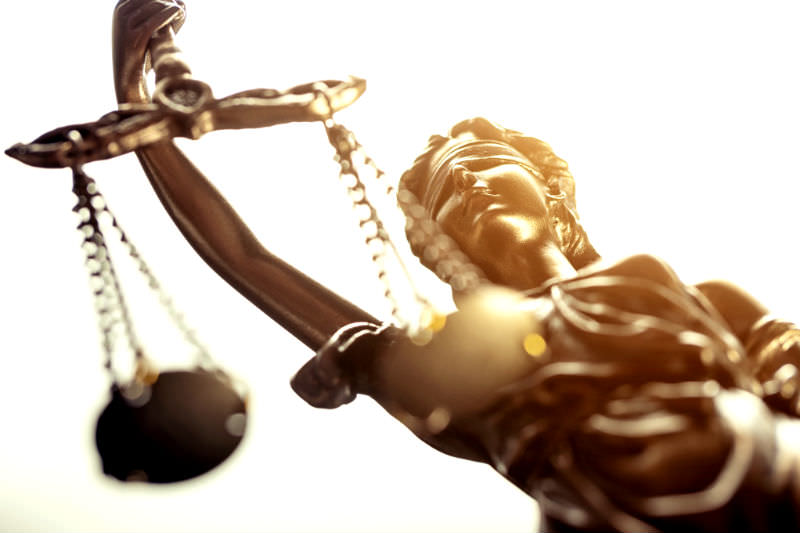
AUSTRALIA
- Frank Brennan
- 10 December 2018
14 Comments
It is appropriate to affirm the worldwide amplification system for the 'still, small voice' of conscience speaking to power, even when that voice of conscience maintains a religious tone, while the power of the state is increasingly secular and the tone of society more stridently secularist.
READ MORE 
-
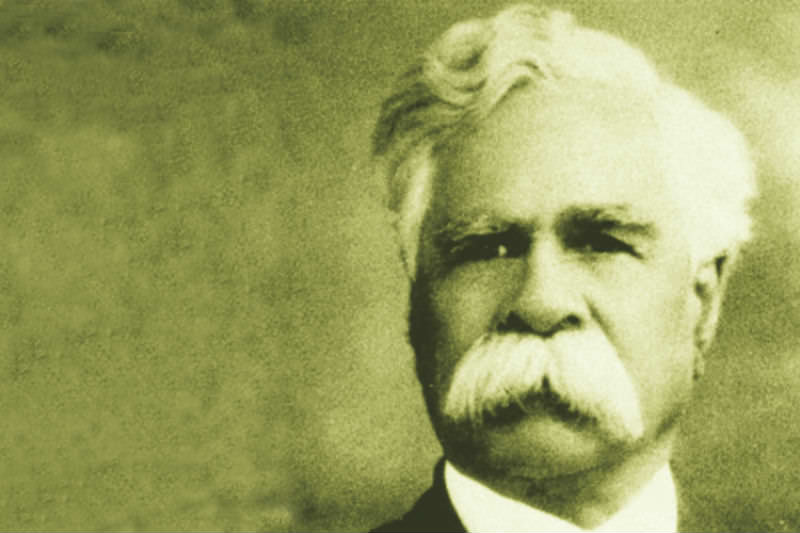
AUSTRALIA
- Michael McVeigh
- 05 December 2018
4 Comments
Eighty years ago today, 77-year-old Yorta Yorta elder walked ten kilometres to deliver a letter to the German consulate protesting the attacks on Jewish people during Kristallnacht nearly a month earlier. Despire the dire circumstances faced by Aboriginal people at the time, Cooper's conscience couldn't ignore the suffering of others.
READ MORE 
-
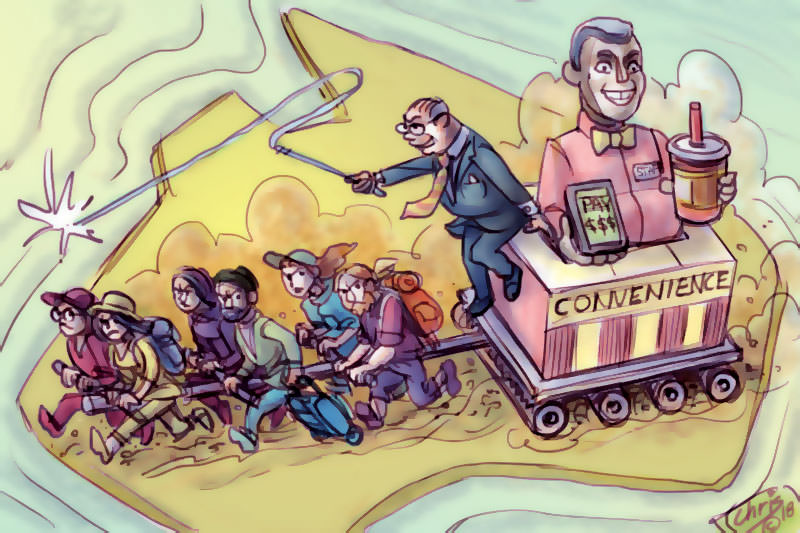
AUSTRALIA
- Rosie Williams
- 30 November 2018
3 Comments
That up to one in ten Australian jobs are now performed by temporary migrants demonstrates a continuation of our past abuse and commitment to privileging capital over worker rights. Coupled with the rise of temporary and insecure work, our reputation as a human and labour rights leader is now under threat.
READ MORE 
-
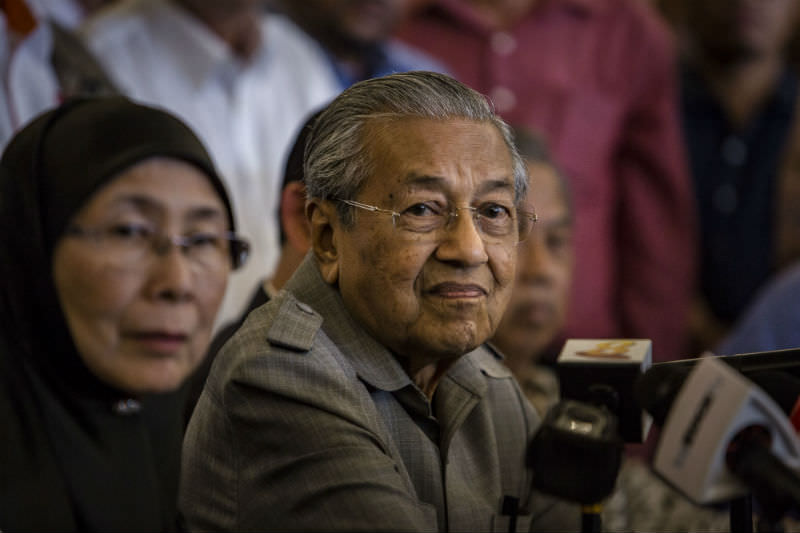
INTERNATIONAL
- Erin Cook
- 14 November 2018
2 Comments
With such a wide range of crimes under the death penalty banner, what will sentencing in the new Malaysia look like? And what timeline can be expected, given the government has a diverse suite of policy priorities for its first term.
READ MORE 
-
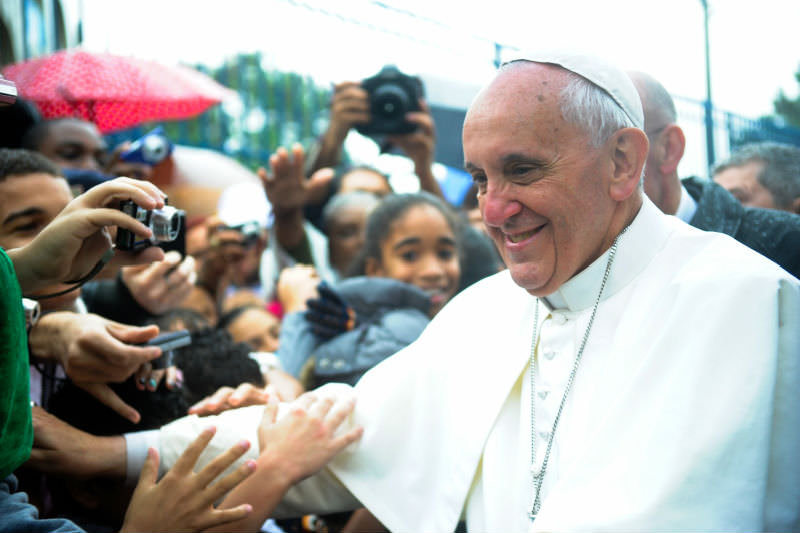
RELIGION
- Frank Brennan
- 14 November 2018
78 Comments
What we need is a listening and inclusive Church — a plenary council at which the clergy and the laity have a proper place at the table, at which the voices of the ‘rusted-on’ and the ‘cheesed-off’ Catholics are heard and at which the bishops are respectfully listening as much as speaking.
READ MORE 
-
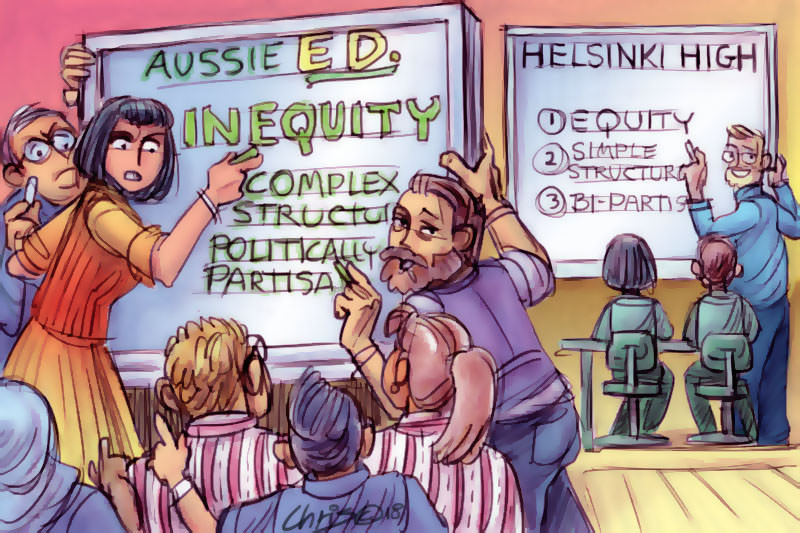
EDUCATION
- Pauline Griffiths
- 26 October 2018
10 Comments
Are we clever enough in Australia to reduce the inequity in our schooling in order to help our moderate voters develop a strong narrative of sensible sharing to shape our future? Or, will the inequities in our schools contribute to ever-deepening divisions?
READ MORE 
-
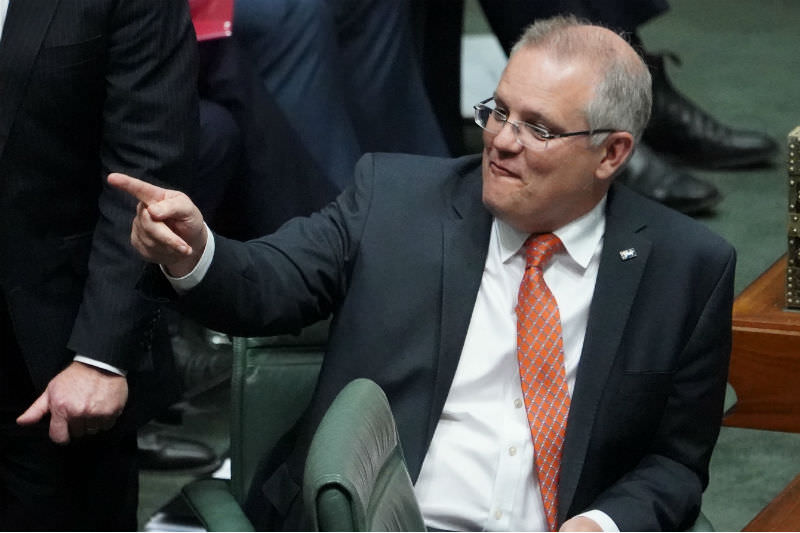
INTERNATIONAL
- Na'ama Carlin
- 16 October 2018
12 Comments
While the Australian Jewish population is about 0.4 per cent, they constitute about 12.5 per cent of the Wentworth electorate, with Christianity the largest group overall (43.8 per cent). It is highly likely the LNP is counting on the embassy stunt to result in more votes in the Wentworth by-election. But the political ramifications are much broader.
READ MORE 